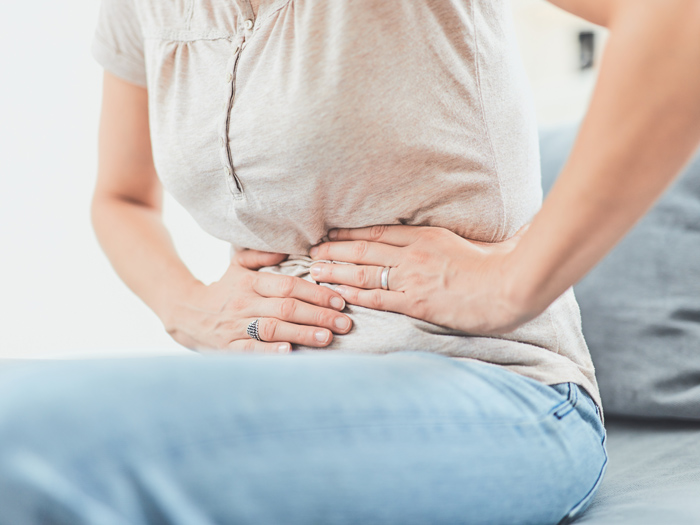Understanding the Connection Between Endometriosis and Histamine
Endometriosis is a chronic and often painful condition where tissue similar to the lining inside the uterus, known as endometrial tissue, begins to grow outside the uterus. This condition can lead to severe symptoms, including pelvic pain, menstrual irregularities, and even infertility. Recent research has shed light on the potential connection between endometriosis and histamine, a compound involved in immune responses and inflammatory reactions in the body.
The Role of Histamine
Histamine is a biogenic amine that plays a critical role in the body’s immune responses, regulating physiological functions, including gastric acid secretion and neurotransmission. It is best known for its involvement in allergic reactions, where it contributes to symptoms like itching, swelling, and inflammation. Histamine operates by binding to its receptors, predominantly H1, H2, H3, and H4, which can have various effects depending on the tissue type.
Endometriosis and Histamine Intolerance
Recent studies have indicated that individuals with endometriosis may have elevated levels of histamine, leading to symptoms associated with histamine intolerance. Histamine intolerance occurs when the body is unable to effectively break down histamine, resulting in an accumulation that causes various symptoms, such as headaches, digestive issues, and skin reactions. For women with endometriosis, histamine intolerance might exacerbate pain and other symptoms.
A study published in the journal Reproductive Biology and Endocrinology found that women with endometriosis had higher concentrations of histamine in their endometrial tissue, suggesting that histamine might play a role in the inflammatory process associated with endometriosis, potentially contributing to the severity of pain experienced (Moradi et al., 2019).
Histamine and Immune Response in Endometriosis
The relationship between histamine and the immune response is significant in the context of endometriosis. The condition is characterized by an altered immune response, often leading to increased inflammation. Histamine can affect immune cells’ function, promoting the proliferation of endometrial cells outside the uterus. High histamine levels may contribute to an inflammatory environment that facilitates the growth of endometriotic tissue.
Moreover, some studies propose that histamine may influence the vascularization of endometriotic lesions, leading to increased blood flow and persistent pain (Mountz et al., 2002). Medications that block histamine receptors (antihistamines) have been considered as a potential therapy to alleviate some symptoms related to endometriosis, although more research is needed to establish their efficacy fully.
The interplay between endometriosis and histamine is an emerging area of research that may open new avenues for understanding and treating this challenging condition. Understanding the potential role of histamine in endometriosis may lead to better therapeutic strategies, including dietary changes to manage histamine levels and the use of antihistamines to mitigate symptoms. Women experiencing endometriosis should discuss their symptoms with healthcare professionals who can consider the potential role of histamine in their treatment plan, leading to more personalized and effective care.
References
- Moradi, M., et al. (2019). “Histamine levels in endometrial tissue of women with endometriosis: A cross-sectional study.” Reproductive Biology and Endocrinology, 17(1), 1-8. doi:10.1186/s12958-019-0497-0.
- Mountz, J. D., et al. (2002). “Increased Levels of Vascular Endothelial Growth Factor in the Serum and Peritoneal Fluid of Women With Endometriosis.” The Journal of Clinical Endocrinology & Metabolism, 87(8), 3667-3670. doi:10.1210/jc.2002-020179.
- Borrelli, E. (2016). “Histamine-induced Changes in Endometrial Epithelial Permeability and Protein Secretion: Implications for Endometriosis.” International Journal of Women’s Health, 8, 357-368. doi:10.2147/IJWH.S106540.
These references provide a basis for the correlation between endometriosis and histamine, highlighting ongoing research in this area.
Dr. Alana Shaw ND, R.Ac

